It’s no secret that our planet is grappling with a waste management crisis, escalating dramatically with urbanization and population growth. In such a scenario, the significance of commercial waste services becomes increasingly pronounced. These services stand at the forefront of the fight to manage waste sustainably, endeavoring to minimize environmental impacts through innovative and responsible practices. The practices and sustainable waste management systems in place today provide a view into the intricate fabric of waste management in the modern world.
Table of Contents
The Current State of Waste Management and Environmental Impact
Our globe is producing billions of tons of waste at an alarming rate annually, and managing it effectively without causing further harm to our fragile ecosystems is daunting. Conventional methods such as landfilling and incineration have long been the standard, but they come with many environmental issues, including land degradation, air pollution, and water contamination. This reality underscores the imperative need for sustainable waste management solutions to tackle the myriad of waste-associated issues systematically.
As environmental awareness rises, more consumers and businesses recognize the costs that reckless waste disposal imposes on the planet. These costs include degraded environments, financial burdens from resource depletion, and health impacts. This acknowledgment has sparked a concerted effort to develop more sustainable waste management strategies that holistically address the current deficiencies and strive towards a more sustainable and resilient future.
Sustainable Waste Management Principles
The touchstones of sustainable waste management, commonly summarized as the three Rs—Reduce, Reuse, Recycle—offer a guiding framework for reducing environmental impacts associated with waste. The most significant step is to reduce waste at its source, eliminating extraneous and surplus material before it can join the trash stream. Reusing things helps them last longer in the market, keeps them out of landfills, and promotes a more efficient use of resources. Recycling transforms waste into new materials, keeping resources in use for as long as possible.
Incorporating these principles requires a shift in mindset from both individuals and businesses, framing waste not as an inevitable byproduct but as a resource that, when managed correctly, can offer new value. This transformative thought process has set the stage for reimagining waste management, which sees trash not as an endpoint but as the start of something new.
Understanding the Shift Towards Circular Economy
The transition towards a circular economy marks a radical departure from the linear economic model that has long dominated industrial and business processes. In a circular economy, products are marketed and manufactured with the entire lifespan in mind, stressing durability, repairability, and recyclability to reduce waste. This approach neutralizes the negative environmental impacts of waste and can stimulate economic innovation and growth. By reconfiguring the consumption and production cycle into a closed loop, resources are maximized, and waste is not seen as an ending but rather a new beginning.
This economic model shapes how products are made and used and how they are perceived. The circular model instills a deeper understanding and appreciation of resources, recognizing their finite nature and the value of conservation and reinvention. As society moves closer to embracing this system, the potential for significant environmental, social, and economic benefits becomes ever more tangible.
Innovations in Recycling and Waste Processing
The pursuit of sustainable practices has galvanized remarkable innovations in the realm of recycling and waste processing. Cutting-edge technologies and novel approaches are continually being developed to maximize material recovery rates and minimize the residual waste destined for landfills.
These innovations extend beyond consumer goods, as they are also reshaping industries, leading to a rise in material recovery facilities that employ advanced sorting technologies to streamline the recycling process. Such facilities are critical in separating diverse types of waste, ensuring that each component is efficiently repurposed. The collaborative effect of these innovations points towards a future where waste is treated with the complexity and respect it demands, transforming ‘trash’ into a treasure trove of resources.
Corporate Responsibility in Waste Management
The corporate world wields significant influence over waste management practices. Through proactive measures such as conducting waste audits and adhering to sustainable practices, companies can bring about monumental change, leading the charge in responsible waste management and conservation efforts. These actions align with the broader concept of corporate social responsibility, in which businesses strive for profitability and channel their influence toward positive social and environmental campaigns.
Corporate initiatives often have the ripple effect of setting industry standards and compelling competitors and allies to adopt greener practices. When companies commit to sustainability, they send a powerful message that profitability and environmental stewardship can go hand in hand, guiding society toward a more sustainable future.
Policy and Regulation: Driving Sustainable Waste Practices
Laws and regulations are the steel framework for sustainable waste management practices. Governments worldwide have recognized the necessity of legal measures to address the waste issue, implementing policies that range from bans on single-use plastics to incentives for recycling. These regulatory efforts help create a level playing field, ensuring that businesses and individuals meet consistent environmental standards.
International agreements and treaties have also demonstrated the global community’s commitment to combating the waste crisis. By harmonizing regulations and sharing best practices, nations can collectively scale up effective waste management solutions, bridging gaps between policies and their implementation.
Community Involvement and Education
Engagement at the community level is a linchpin in achieving waste management goals. Through education and participation, communities can significantly influence local waste patterns, embracing sustainable practices that range from composting to supporting eco-friendly businesses. Grassroots movements have often instigated large-scale environmental change, proving that collective action and local involvement can yield impressive results.
These community-led endeavors underscore the potential of education as a tool for environmental change. By providing the public with knowledge and resources, communities can build a strong foundation for sustained environmental advocacy and action, ensuring waste management is effective but also equitable and inclusive.




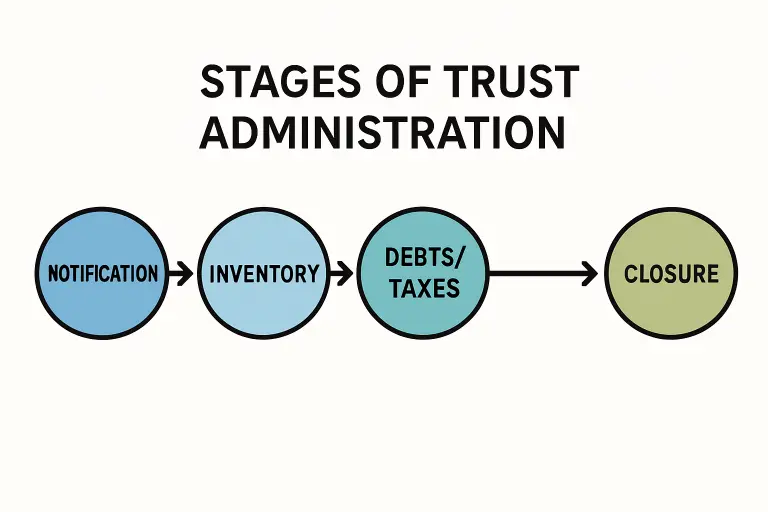


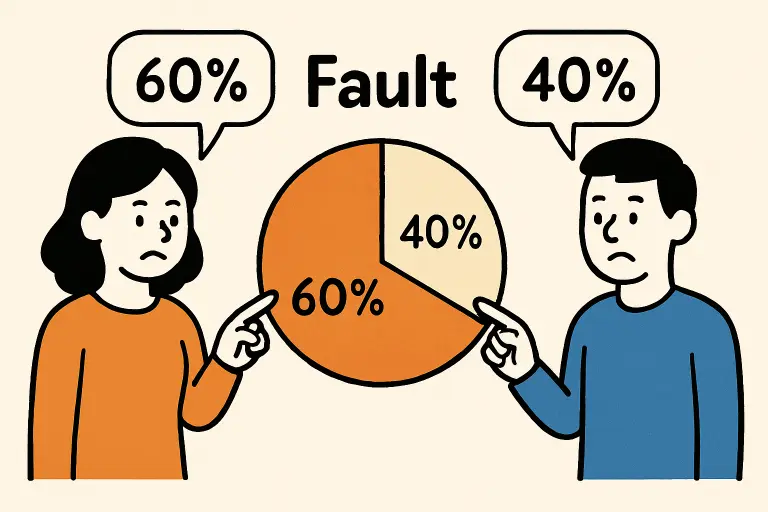
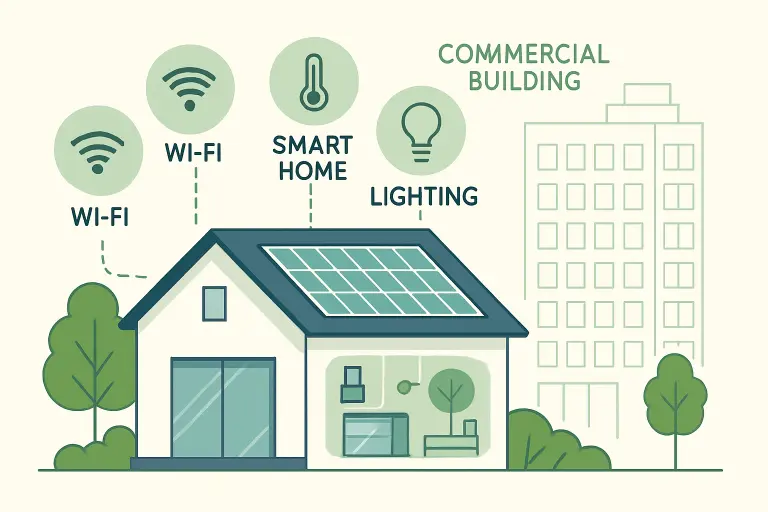











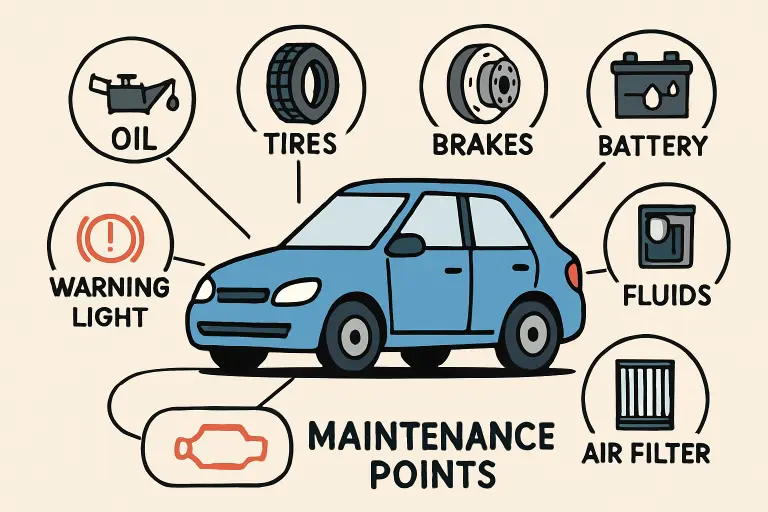


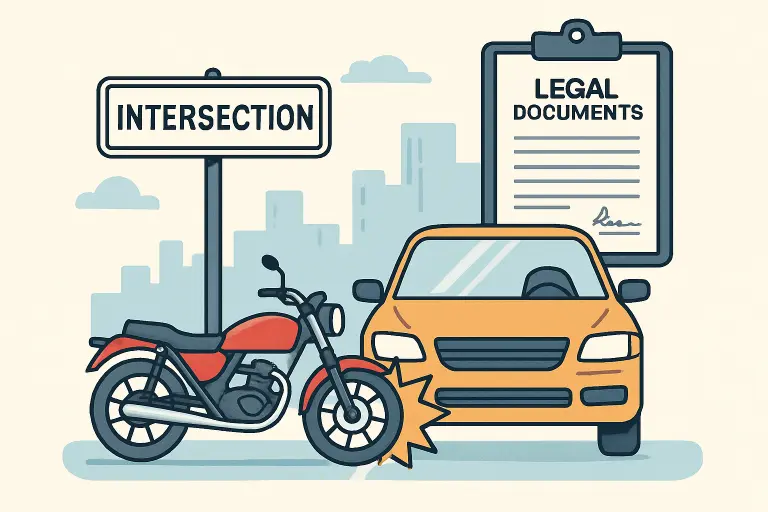










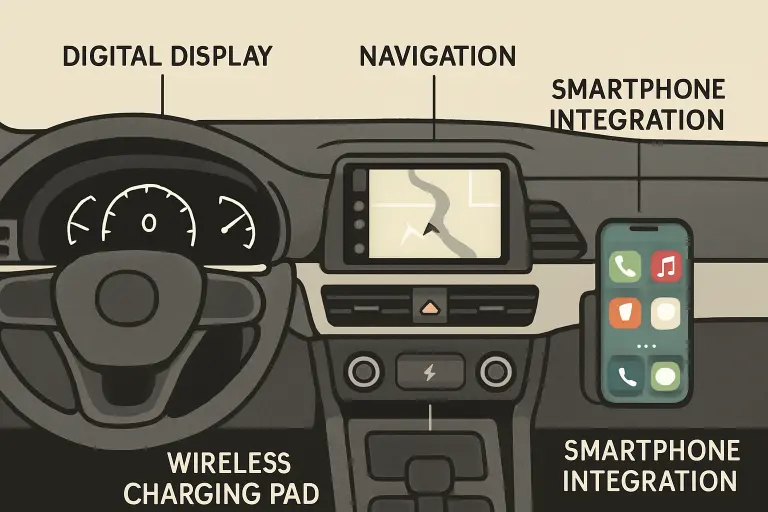







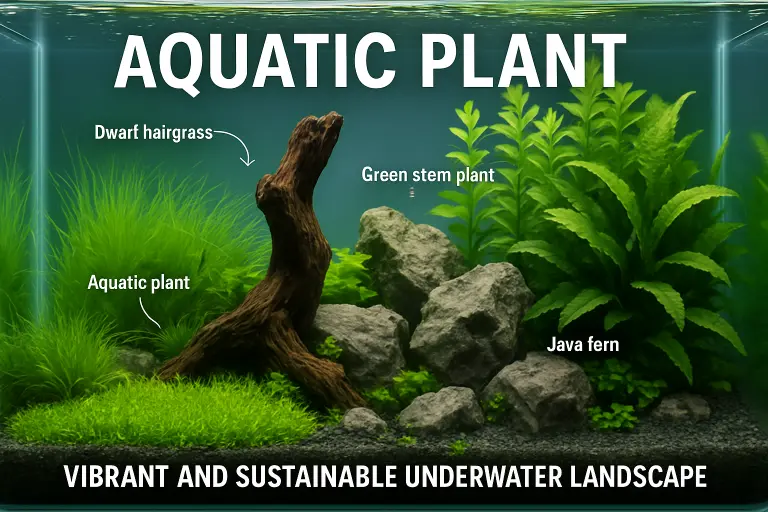




















































































































































































































































































































































































































































































































































































































































































































































































































































































































































































































































































































































































































0